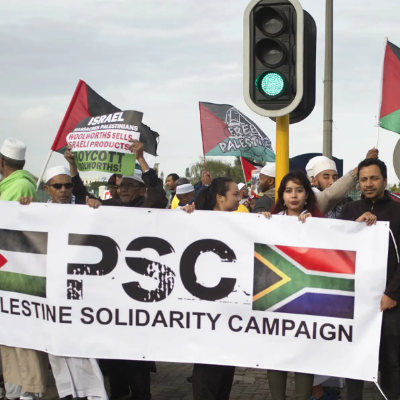The boycott of foreign brands in Pakistan, spurred by outrage over the violence against Palestinians, has impacted sales of foreign soft drinks, mineral water, and fast food, while the demand for essential items from multinational corporations (MNCs) has shown resilience.
Nestlé Pakistan reported a marginal sales decline of 1.3% for the nine months ending Sept 30, amounting to Rs149.2 billion compared to Rs151 billion in the same period last year.
However, its profit-after-tax (PAT) plummeted by 29.5% to Rs12.2 billion, largely due to increased taxes from the recent Finance Act, as well as rising commodity and energy costs. Nestlé noted that these factors led to price hikes, dampening demand and squeezing operating profits.
Meanwhile, FrieslandCampina Engro Pakistan Ltd (FCEPL) observed a 12% rise in net sales, reaching Rs85.5 billion for the same period, with its dairy segment contributing Rs73.5 billion.
FCEPL’s PAT rose to Rs2 billion, bolstered by improved gross margins and reduced tax expenses. The company highlighted challenges posed by an 18% sales tax imposed on UHT milk, which has pressured consumer spending and diverted demand toward untaxed loose milk.
In contrast, Unilever Pakistan Foods Ltd (UPFL) saw its net sales dip by 6.2% to Rs24.8 billion, while PAT dropped to Rs5.43 billion due to reduced tax credits and inflationary pressures.
The company managed to maintain a gross margin of 39.1% through strategic price adjustments and remains optimistic about stability in the economic landscape following recent IMF agreements and a reduction in the policy rate.
However, Unilever emphasized the importance of sustained reforms for long-term growth.
The local soft drink industry has seen increased consumer interest, though Large-Scale Manufacturing data indicates a slight production increase in soft drinks and mineral water, with 607 million litres produced in July-August compared to 600 million litres last year.




